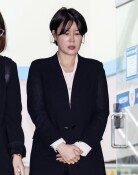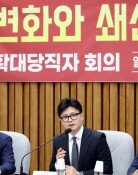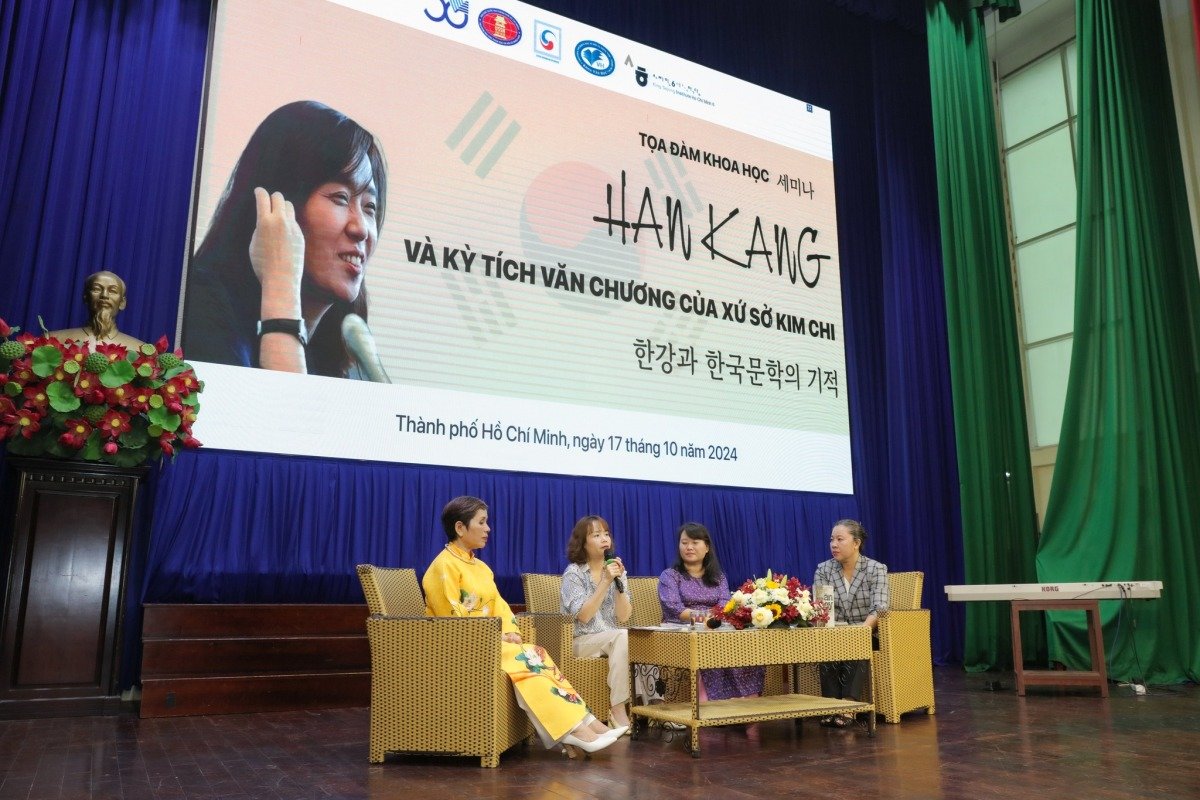United Korean push for U.N. support
The true significance of the inter-Korean agreement to have the U.N. draw up a resolution supporting the historic South-North summit talks can only be realized by examining the history shared by the two Koreas and the international body.
According to a source in the Ministry of Foreign Affairs, during the Cold War era, the U.N. was an arena of antagonism and back-stabbing for the two Koreas. The current agreement by the two sides represents the U.N.`s transition from an ideological battlefield into an field for inter-Korean peace and cooperation.
Coincidentally, the U.N. was formally established in October 1945 in San Francisco, the very year that the peninsula was split into two. Since its founding, the U.N. has more or less maintained the discord between the two Koreas.
In 1948, a general election took place in Korea under the supervision of the U.N. Interim Governing Committee in Korea, and the first government of the Republic of Korea was established. On September 9 the same year, the northern side proclaimed itself the Choson Democratic People`s Republic and repudiated U.N. authority.
The contention between the two states affected the U.N. In September 1975, during the 30th General Assembly of the U.N., resolutions that contradicted each other were passed. A resolution proposed by South Korea urging continued inter-Korean talks and the start of negotiations on a lasting peace on the peninsula was accepted, as was the North`s proposal for the unconditional removal of all U.N. forces from the peninsula and the withdrawal of all U.S. forces in South Korea.
With the passage of two resolutions that could not be accepted by the other side, there was an international consensus that the U.N. was limited in its ability to defuse the inter-Korean conflict. An
unwritten policy of deferment, or "sweeping issues under the rug", became the dominant approach to inter-Korean matters. With the thawing of the Cold War, the two Koreas officially joined the U.N. in 1991, but a thaw in their own relations was not forthcoming.
However, the inter-Korean summit and the subsequent ministerial talks in Bangkok July 26th have dramatically changed the situation. The South`s Minister of Foreign Affairs, Lee Jung-Bin, and the North`s Foreign Affairs Minister, Paek Nam-Soon, have agreed to cooperate in having the U.N. proclaim its support for the inter-Korean talks.
Many political analysts view the North`s honest efforts for peace as an indication of its willingness to boost inter-Korean collaboration in the arena of international diplomacy.
Headline News
- Presidential Office signals possible offensive weapons aid to Ukraine
- N. Korea reportedly prepares military balloon attack with Russia
- Medical associations join bipartisan talks on expanding medical school quotas
- Former world No. 1 Ko Jin-young returns to LPGA
- Kakao unveils AI service ‘Kanana’ at 'if Kakao AI 2024'







